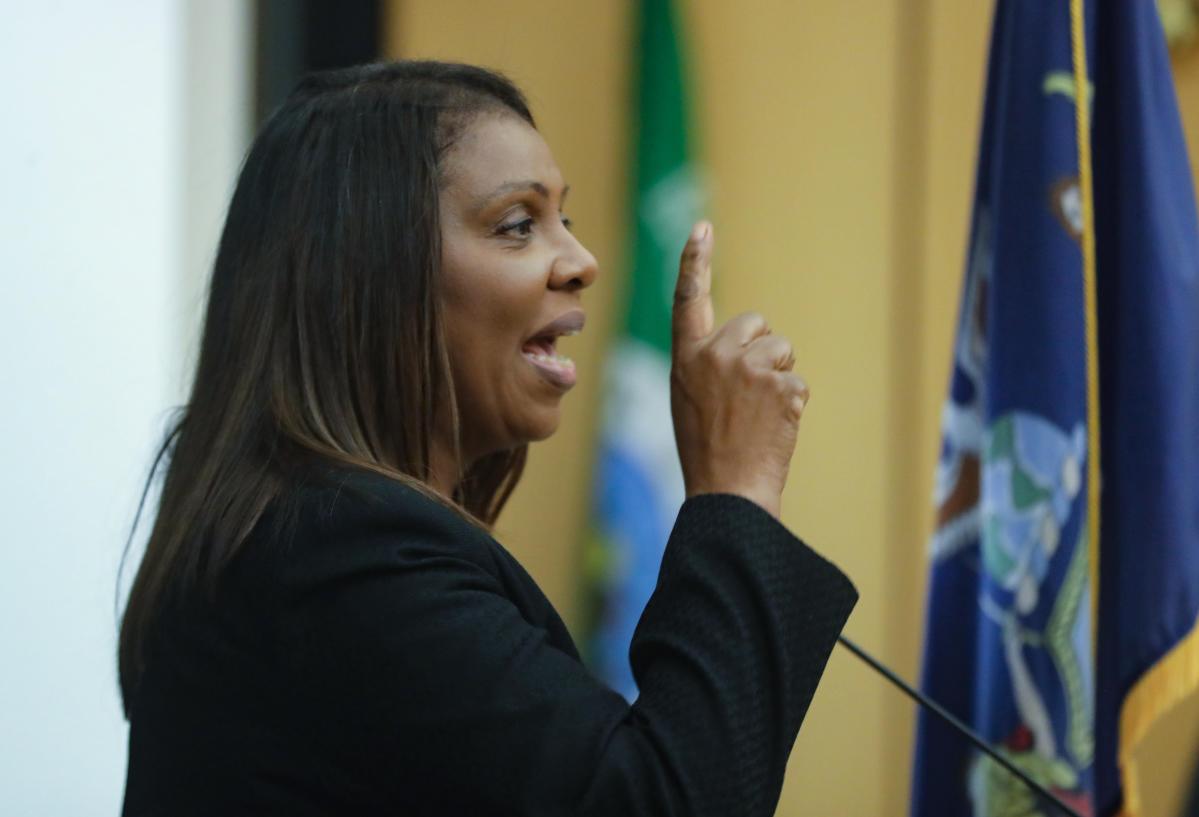Battle Brews Over NY Law To Bar Gun Access For Potentially Dangerous Individuals
Battle brews over NY law to bar gun access for potentially dangerous individuals as legal battle is brewing in New York over the fate of a state law enacted in 2019 that allows judges to restrict access to firearms for individuals deemed suicidal or a threat to others.
Author:K. N.Aug 29, 202381.5K Shares1M Views

Battle brews over NY law to bar gun access for potentially dangerous individualsas legal battle is brewing in New York over the fate of a state law enacted in 2019 that allows judges to restrict access to firearms for individuals deemed suicidal or a threat to others.
This "red flag" law, similar to regulations in place in 20 other states and Washington, D.C., aims to prevent preventable shootings and suicides by enabling concerned parties to apply to the courts when they observe clear warning signs.
With over 6,400 orders approved by judges since its implementation, the law has sparked debate, leading to legal challenges and appeals.
The Purpose And Scope Of New York's Red Flag Law
New York's "red flag" law empowers law enforcement officers, parents, and other concerned individuals to petition the courts for a temporary extreme risk protection order against an individual exhibiting signs of being a danger to themselves or others.
The law, designed to curb preventable violence and suicide, has been in effect for four years and has seen thousands of orders issued by judges to restrict access to firearms.
Opposition to the law has emerged in the form of legal challenges by individuals resisting firearm access restrictions.
Some judges have ruled in favor of these challenges, declaring the law unconstitutional on the grounds that it violates gun rights and due process.
State Attorney General Letitia James is appealing these decisions, seeking higher-court opinions that uphold the law's validity.
The Attorney General's office argues that the right to possess firearms is limited to individuals who are not likely to engage in harmful conduct.
Supporting Parties And Interventions
Numerous outside parties have sought to intervene in support of New York's "red flag" law.
These include other states with similar laws, gun-control groups such as the Brady Center to Prevent Gun Violence and the Giffords Law Center, and three New York City district attorneys along with the Westchester County District Attorney.
These parties aim to contribute to the ongoing national debate over gun restrictions.
Several cases have emerged as focal points of the legal battle. In one instance, a clash between neighbors resulted in a temporary extreme risk protection order.
However, challenges were filed, leading to a judge declaring the law unconstitutional.
This ruling was based on the argument that judges cannot determine the likelihood of causing harm without a doctor's or mental health expert's assessment. The Attorney General's office has appealed these rulings.
Arguments And Counterarguments
The judges ruling the law unconstitutional have argued that firearm restrictions must be based on an expert assessment to protect Second Amendment rights.
On the other hand, judges in favor of the law emphasize that it includes safeguards such as the judge's authority to dismiss requests without compelling evidence.
The state also disputes the necessity of requiring a doctor's analysis for such cases, pointing to other contexts where findings of risk of harm can lead to firearm possession restrictions.
The appeals of these rulings are currently pending in different courts. State Attorney General Letitia James has filed arguments appealing the unconstitutional rulings.
Some cases are awaiting responses, and court dates are set for further review. The legal battle over New York's "red flag" law continues, and its outcome could have significant implications for the ongoing debate over gun control in the United States.
Final Words
In the heart of a legal struggle lies New York's "red flag" law, a pivotal piece of legislation designed to prevent potential gun violence and suicides.
While this law has been pivotal in facilitating over 6,400 orders to restrict firearm access, it has also ignited a contentious debate surrounding its constitutionality.
As challenges and appeals ensue, the courts must grapple with the delicate balance between Second Amendment rights and public safety.
The outcomes of these legal battles will undoubtedly shape the trajectory of gun control discussions across the nation, echoing far beyond the borders of New York.

K. N.
Author
Latest Articles
Popular Articles